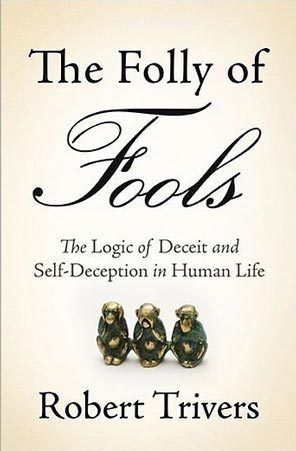Pornography’s Effect on the Brain, Part 2 of 2
4. PORN ADDICTION AND FRONTAL LOBE SYNDROME
It seems that frontal lobe damage, caused by long-term porn addiction and the compulsive masturbation that accompanies it, will give rise to a constellation of behaviors called “frontal lobe syndrome”. These include four main behavior patterns: (1) Impulsive behavior with little regard to consequences. (2) Compulsive behavior, often leading to total loss of control. (3) Emotionally labile behavior, i.e., sudden and unpredictable mood swings. (4) Impaired judgment, leading to disastrous decision making.
All these conditions, it is now clear, are caused by frontal lobe damage. Though they can be produced instantaneously by a car crash or other serious trauma to the brain, they can also occur as a gradual process by the habit of compulsive masturbation to pornography over a long period of time. “Nemo repente fuit turpissimus,” the Roman satirist Juvenal noted long ago. “No one became extremely wicked all at once.” It happens by slow degrees, step by painful step. Sow an act, and you reap a habit; sow a habit and you reap a character; sow a character, and you reap a destiny. Whoever said that was certainly on to something. Read more





